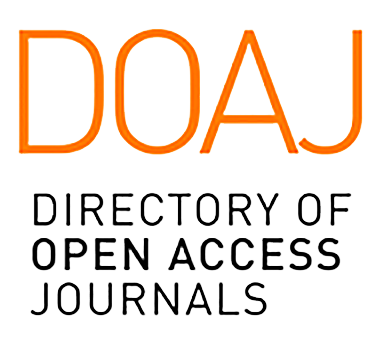2790-9441






MLA International Bibliography
MLA Directory of Periodicals
ProQuest
CrossRef
Google Scholar
Gale-Cengage
ROAD
Jenny Watts
University of Central Lancashire, UK
Noelle Robertson
University of Leicester, UK
Abstract
Despite the rapid growth of language teaching, the emotional impact of employment within this industry has not been adequately explored using standardised tools. Accordingly, a convenience sample of 45 online teachers aged between 21 and 67 years (SD=13.35) completed the Maslach Burnout Inventory and Teachers' Sense of Efficacy Scale. Regression analyses revealed that burnout could be predicted from specific workload and demographic variables, such as work modality and the age of the teacher. Interestingly, no associations were found for group lessons or for asynchronous tasks, such as providing written feedback, listening to recorded interviews and grading practice oral exams. The results are compared with normative data and suggest online language teaching places staff at the same risk of burnout as working within an offline context. The implications for preventing burnout in teachers are explored and advice offered to teachers and managers.
Keywords
Burnout, online teaching, TESOL, language teachers, Covid-19